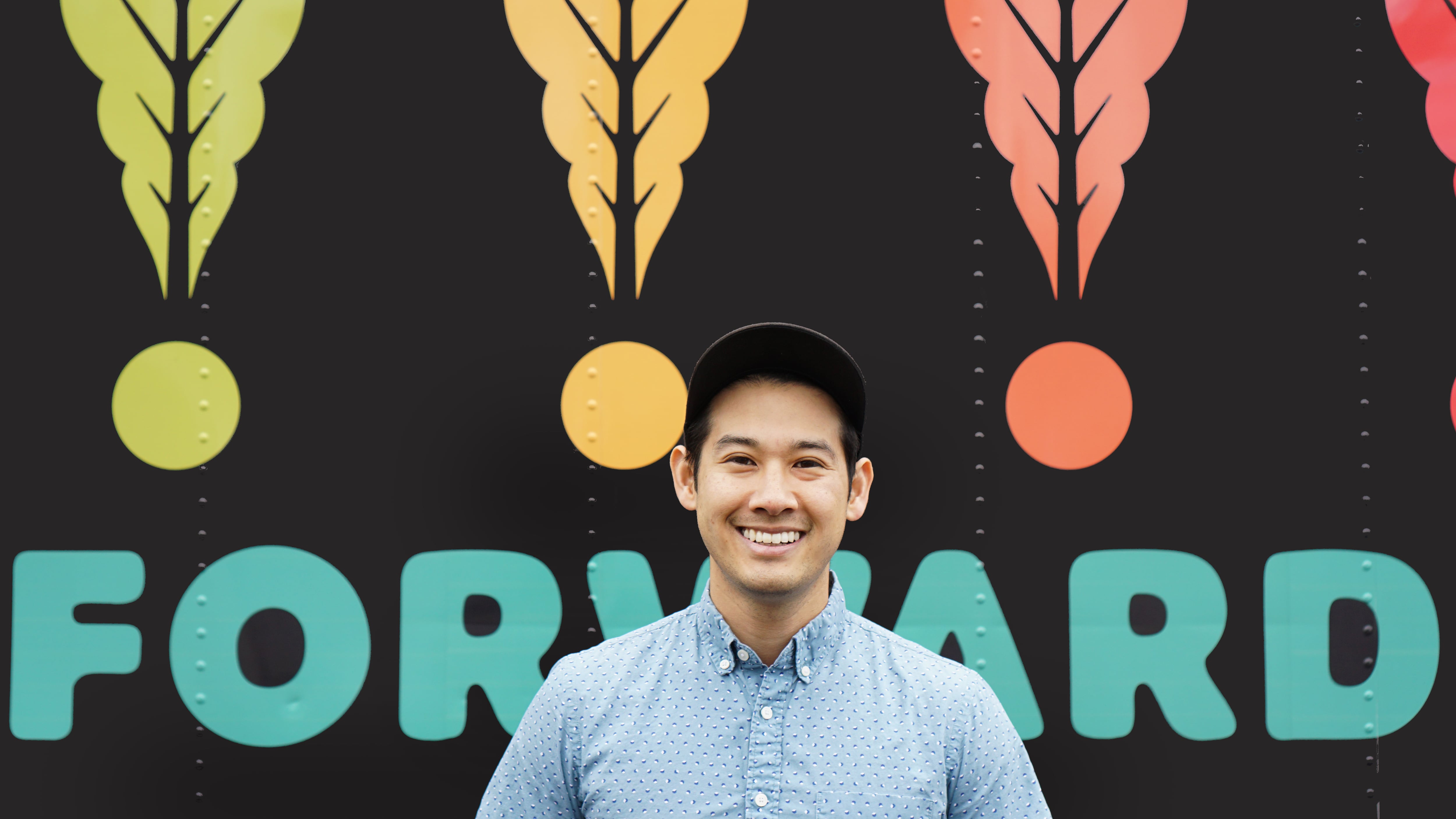WW presents "Distant Voices," a daily video interview for the era of social distancing. Our reporters are asking Portlanders what they're doing during quarantine.
When Ken Kaneko worked at Apple Inc. as a global supply chain manager, the company sent him on a business trip to Japan that changed his life.
He visited an indoor farm, where lettuce and other crops grow under LED lights, often in vast, abandoned factory buildings. Indoor agriculture has caught on during the past decade in Japan because labor and land are both scarce there.
The concept dazzled Kaneko, an engineer by training.
"I thought I could iterate and make it better," he says.
So he came home, quit his job and, in 2017, started his own indoor farm in Vancouver, Wash. Now, he grows lettuce, arugula, baby broccoli, mustard greens and other leafy things in trays stacked all the way to the high ceilings of a former Hewlett-Packard printer plant. He recently renamed his company Forward Greens.
Kaneko knew nothing about farming when he started, but he's a very quick study. He has a bachelor's degree in materials science and an MBA from Stanford University, and another pair of degrees—a doctor of philosophy and a Ph.D. in materials science—from Carnegie Mellon. He also had a good friend from high school who was willing to join him in his new career.
"He was foolish enough to join me, and we just kind of jumped right in," Kaneko says.
So why farm indoors? To save the planet, Kaneko says. You don't have to cut down forests to plant indoor farms. The water is recycled, and greens are grown locally, not 700 miles away in Salinas, Calif., or 1,200 miles away in Yuma, Ariz., depending on the season.
Kaneko's farm grows 500 pounds of greens a day now, with capacity for 1,500.
"We're able to produce a local and sustainable food source in a really responsible way," he says.
The idea is catching on in the U.S. Plenty, an agtech startup in San Francisco, has raised $400 million from investors, including Amazon founder Jeff Bezos and former Google CEO Eric Schmidt, to build vertical, indoor farms like Kaneko's.
Forward Greens could grow a lot of mustard greens with that kind of money.
WW talked to Kaneko about rebranding during a pandemic, and got a virtual tour of his warehouse.
